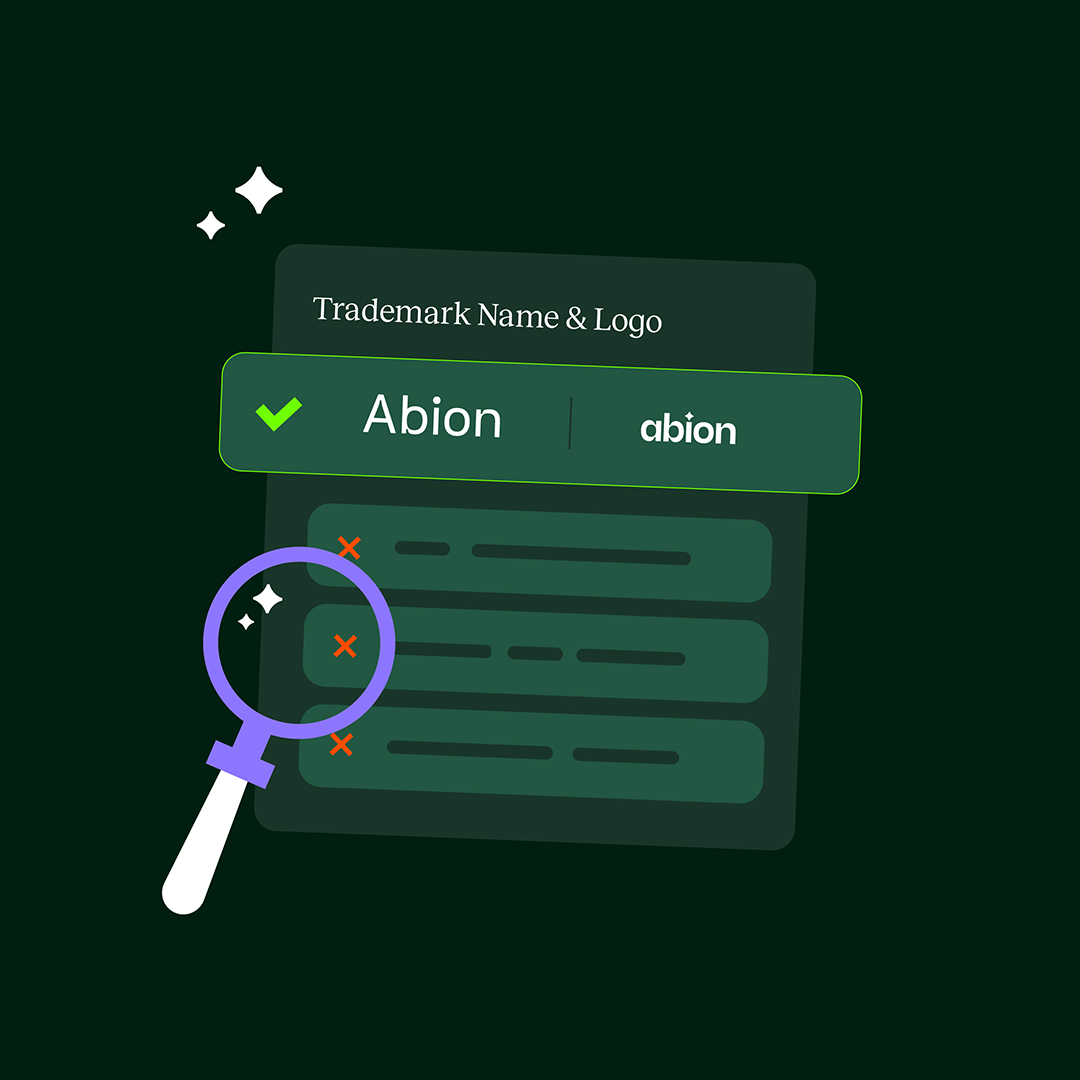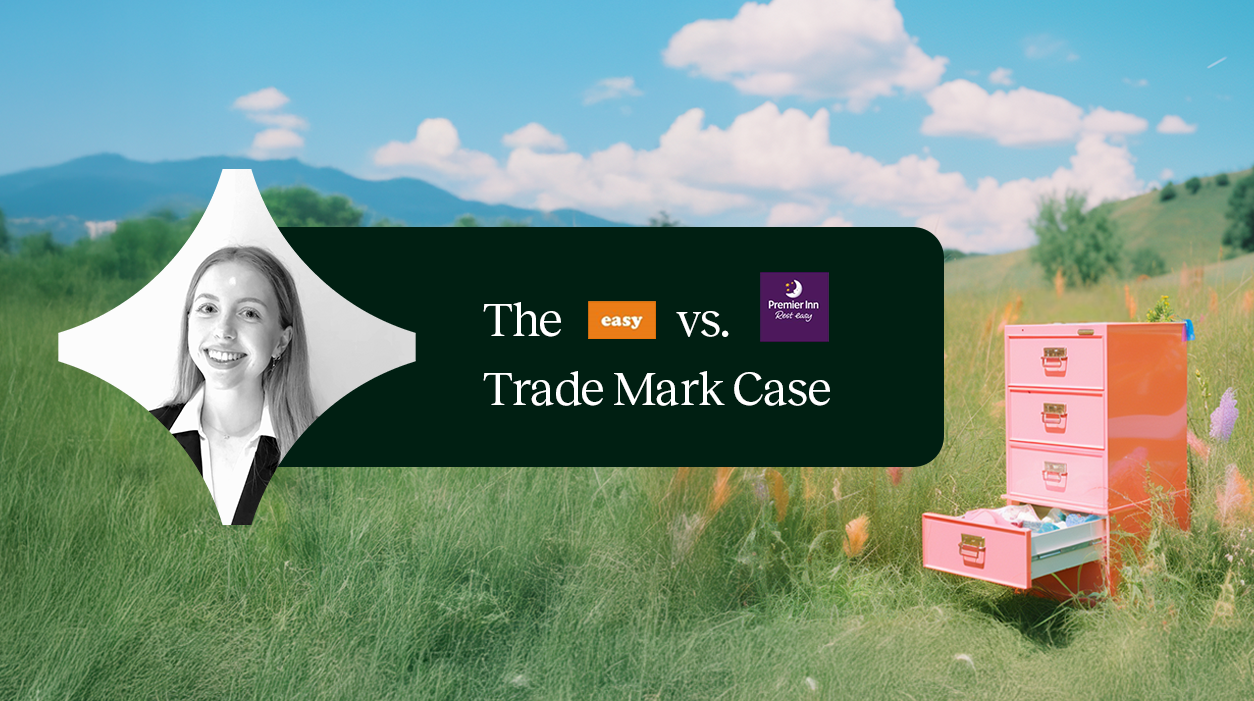
Cancel or Invalidate Conflicting Trademarks
If a trade mark is blocking your registration, disrupting your brand, or was registered unfairly, you have options. Abion’s experts guide you through challenging, cancelling, or invalidating trade marks – clearing obstacles so your brand can move forward with confidence.
Clear the Way for Growth
Bad-faith or unused trade marks can block your next move. Removal clears the path for registration or expansion.
Protect Your Brand Identity
Don’t let conflicting rights confuse your market. We help you defend what’s uniquely yours.
Trusted Legal Expertise
We’ve handled hundreds of removal cases worldwide – building strong claims and winning them.



Why Trademark Removal Matters
Just because a trade mark is registered doesn’t mean it’s valid. Many marks make it onto the register despite issues like bad-faith filings, conflicts with earlier rights, or lack of use.
Conflicting registrations can block your applications, confuse your customers, and expose you to legal risks that slow down growth.
If left unchallenged, these marks can trigger expensive litigation, weaken your credibility, and limit your ability to expand.
If a trade mark is in your way — and shouldn’t be — cancellation and invalidation give you the tools to clear the register and move forward.
Two Legal Routes for Removing a Trademark
Option 1 - Trademark Cancellation
Used to remove a registered mark that no longer meets legal requirements — for example, when it hasn’t been used or was obtained unfairly.
Common grounds for cancellation:
- Non-use for 3–5 years
- Fraud or misrepresentation in registration
- Misleading claims or loss of distinctiveness
Option 2 – Trade Mark Invalidation
Challenges the validity of a mark from the start, arguing it should never have been registered.
Common grounds for invalidation:
- Conflict with earlier trade mark rights
- Generic or descriptive terms
- Bad faith registrations (blocking, squatting, copying)
How Abion Helps
We handle trade mark removal actions worldwide. With specialists in both cancellation and invalidation, we guide you through the process with clear strategy and efficient execution. Our expertise in national and international IP law gives your case the strongest chance of success.
What we do:
- Assess the grounds for cancellation or invalidation
- Prepare and file the legal documentation
- Gather evidence of non-use, bad faith, or conflict — often supported by a Trade Mark Use Investigation
- Represent you in hearings and proceedings
- Secure your rights once the conflict is cleared

Clear the Way for Your Brand
Conflicting trade marks don’t have to block your growth. Abion’s experts assess your case and handle cancellation or invalidation from start to finish.
FAQ About Cancellation & Invalidity
Most cases take 6 to 18 months, depending on whether the case is contested and the jurisdiction involved.
A cancelled trademark is removed from the register. It no longer benefits from legal protection, and others may be able to register it later, depending on the case.
You must file an invalidation request with the relevant trademark authority, demonstrating legal grounds such as prior rights, bad faith, or descriptiveness.
Possibly. If it’s truly abandoned and doesn’t infringe existing rights, you may be able to register or use it. Legal advice is recommended before proceeding.
Cancellation only applies to registered trademarks. To oppose an application, you must file an opposition during the publication period.


